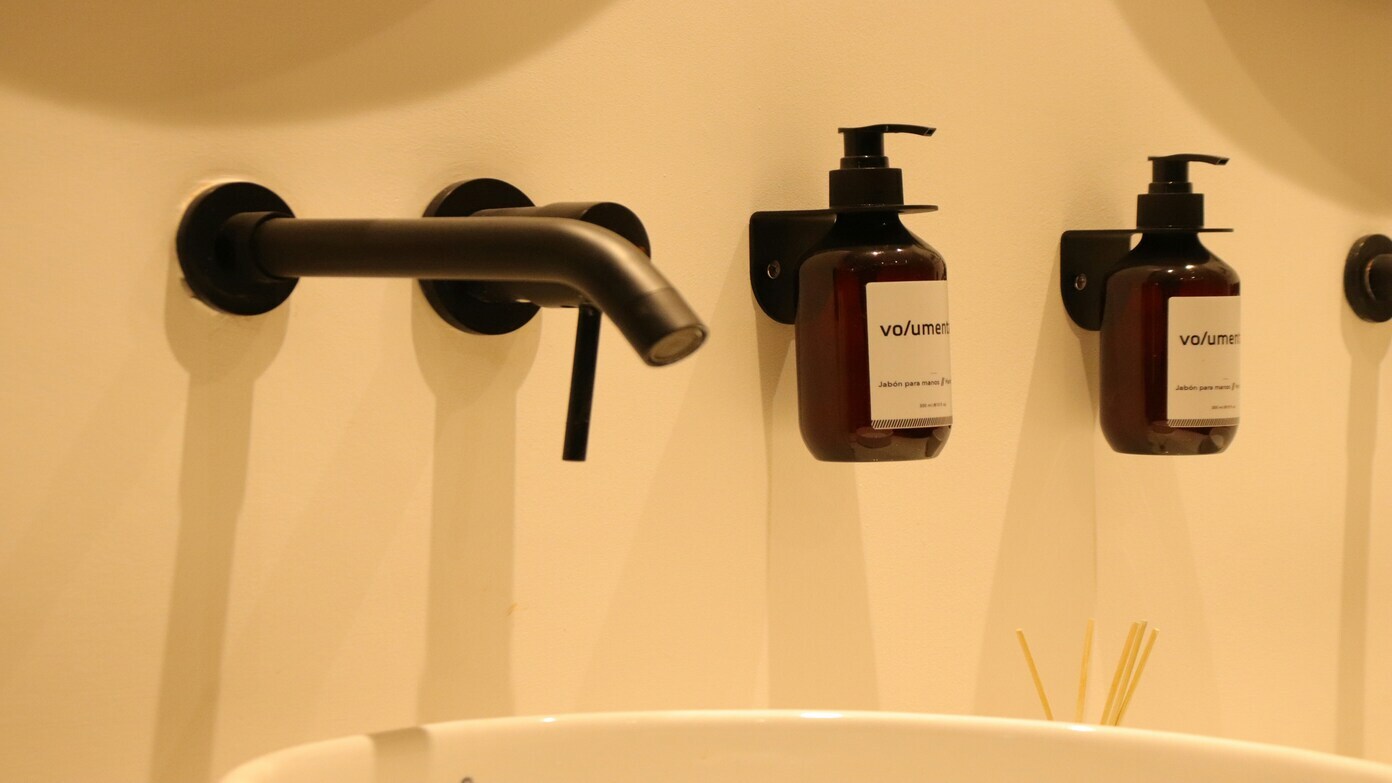Guests have long loved small perks packaged with hotel visits, from tiny packets of shampoo to printouts of local attractions. Such small details had made their stays friendly and easy to navigate. But those times are gone, and the majority of these amenities are vanishing, leaving visitors to adjust to a new hotel experience level.
The shrinking welcome
Perhaps the most glaring of these shifts is in the amount and size of personal care products. Small bottles of shampoo, conditioner, lotion, and soap were a common standard in virtually every hotel room. Now, many hotels are reducing or eliminating them and substituting them with full-sized, filled-to-the-bottle dispensers in the bathroom.
This is a convenience routinely marketed as being green, dispensing with single-use plastic. While the sustainability ideal is to be commended, visitors are often shortchanged when they expect a personal bottle for carry-out at checkout or to have one available. What was a thoughtful convenience in the past is now routinely not, and visitors are forced to BYOT.
Farewell paper, welcome screens
Yet another lost amenity is the classic printed room directory. Room directories used to have maps, restaurant guides, and operating manuals for in-room appliances. Most hotels now use electronic substitutes, such as QR codes or apps, to perform everything from ordering room service to locating the neighborhood.
Although technology offers the convenience of updating and access to information, it is the sensory delight of opening a guidebook that some visitors crave. Seniors or less tech-savvy individuals can be excluded from valuable information regarding their visit.
Free extras are fading away
Hotels are also rethinking extras that long since became standard fare. Bottled water, goodies, and even coffee pods are being limited. Some upscale chains now charge for services that were once complimentary or invite guests to order them at the front desk.
Mini-bars, once stocked with a variety of drinks and snacks, are occasionally reduced to nothing or even removed entirely. Guests are encouraged to buy on-site or at local stores instead. While this costs hotels less and reduces waste, it seems like a sacrifice for guests who have learned to enjoy little things.
Why are amenities disappearing
Reducing hotel room amenities is driven by several reasons. First, cost savings: operating a hotel is expensive, and providing each client with individual items costs a lot of money quickly. Second, green initiatives: hotels would prefer to do away with plastic consumption and electric use. Third, changes in customer attitudes: some customers prefer to use their own products themselves or see information on their phones.
Hotels are finding a balance between convenience and guest comfort. Guests enjoy green initiatives and advanced technology for some, while others yearn for old comforts.
Adapting for travelers
They don’t always need to compromise, however. Many travelers today have their own toiletry bags, refillable water bottles, and even travel guides in miniature form. Hotel applications and QR codes give details on equipment, typically with real-time information.
It’s also pleasant to anticipate: look at the hotel site to see what amenities they offer. It’s now a simple matter for some hotels to offer luxury amenity packages for the visitor who desires special luxuries, such as high-end shampoos or welcome baskets.
The changing hotel experience
The elimination of mini-shampoos, printed telephone directories, and complimentary benefits is a shift in the hospitality industry. Although some of these adjustments are more environmentally friendly and frugal, they also alter the past perception of luxury and pampering that travelers were used to.
Adapting to all these changes is all about looking ahead and using new methods like apps or personal travel kits. The hotel stay is no longer necessarily linked to small additions in a location but to the way visitors use web services and connect with the environment around them.
As travel remains ongoing, flexibility is the mantra for travelers and hotels alike—innovating ways of navigating through convenience, comfort, and sustainability at each destination.
Read this later:
New Yorkers: STAR Program Checks Are Hitting Mailboxes Now — Get Up to $1,500 in School Tax Relief
Warning for New Yorkers: Scam artists using fake QR codes on parking meters to steal your money
Warning for dog owners: not declaring your pet can lead to insurance being cancelled
Buy now, profit later? Klarna IPO puts investors to the test
Goodbye to ‘guilt tipping’: Americans fight back against pressure to tip
Bad news for travelers: proposed compensation plan for late flights scrapped

